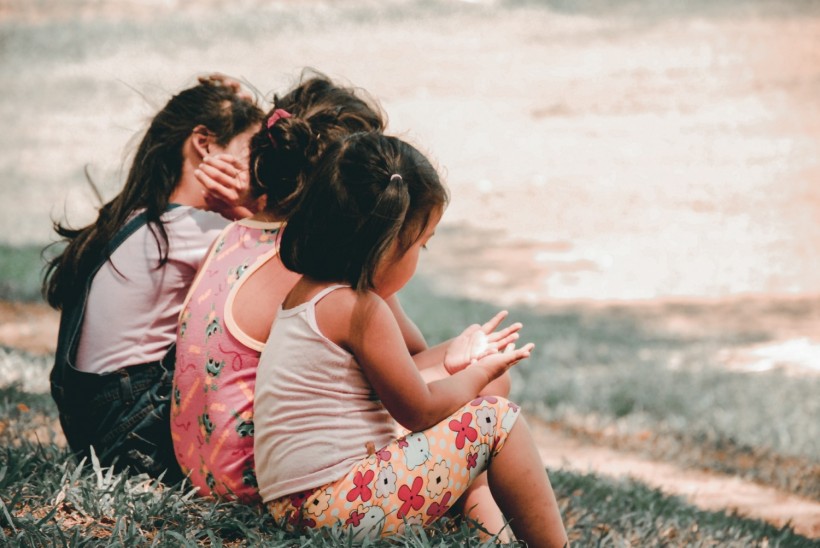According to the Associated Press, the AI tool introduced by its creator as software that uses a 'Family-Match Algorithm' to help increase the likelihood of orphans and adoptive families being a perfect match is falling short of its aims.
The report indicates that social workers, lawmakers, and the very results the algorithm produces are ineffective, and some even lead foster kids to unwilling families.
Several US States indicate, as per official documents retrieved in the document, that following several trial runs, Virginia and Georgia abandoned the algorithm due to its failure to result in adoptions.

(Photo : Charlein Gracia via Unsplash)
Even after state authorities spent more than two years trying to set up the program, Tennessee canceled it before it could be implemented, claiming that it didn't fit with their internal system.
Social workers in Florida also had conflicting experiences with the 'Family-Match Algorithm.' Social workers reportedly said the tool was ineffective and frequently directed them towards unwelcoming and unwilling households.
The algorithm, inspired by online dating, was described by founder Thea Ramirez as a technological solution driven by artificial intelligence that can predict which adoptive families will remain together.
Read Also: What to Consider When Sharing Your Kids' Photos on Social Media
How The AI Tool Works
According to social workers, the way 'Family-Match' operates is that foster parents or social workers submit each child's information, and adults seek to submit their survey replies through the web platform of the algorithm.
Following the generation of a "relational fit" score by the algorithm, 'Family-Match' presents a list of the most suitable potential parents for every child. Social workers after that interview the applicants. In an ideal situation, parents match and place a kid in a home for a trial stay before filing the necessary legal documents to formally adopt the child.
Created by former researchers at an online dating site, reportedly 'eHarmony', Ramirez said that this algorithm could increase adoption rates nationwide and increase productivity at child welfare organizations with limited funding.
'Family-Match' In Reality
The concept of applying relational science to improve the profiles of families and children in the adoption and foster care systems came from Ramirez. "Families are waiting longer to adopt children from foster care than the kids are waiting to be adopted."
Algorithms created by former top researchers at 'eharmony' provided the basis for matching children with families. Ramirez added that they could "leverage data and predictive models to speed the process, make better decisions and improve placement stability."
Now, the same report states that 'Family-Match' yielded just one known adoption in Virginia's two-year program. As per the Virginia Department of Social Services, "the local staff reported that they did not find the tool particularly useful." The statement also stated that Family-Match "had not proven effective" in the state.
The fact that the algorithm appeared to pair every child with the same set of parents confused social workers in Virginia as well, according to Traci Jones, an assistant director at the state's social services organization.
Transparency was also an issue, according to Jones, as "even after it was requested, we did not have access to the algorithm."
Related Article: How Stephen McCullah Is Creating a World-Class Environment for Africa's Orphans










